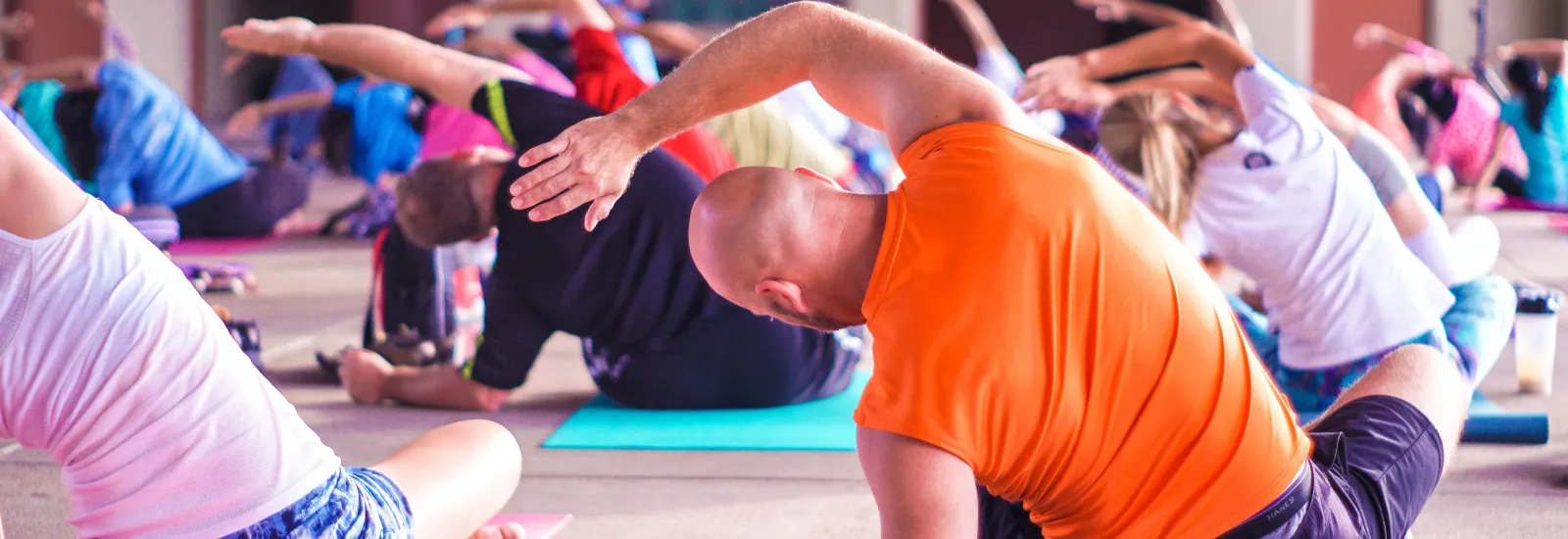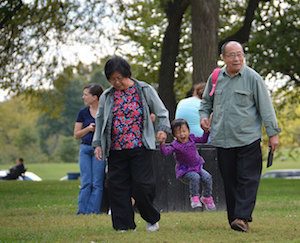
Exercise is the key to heart health
The heart is one of the most important organs in your body. This powerful compact muscle can fit in the palm of your hand but controls many of your body's vital functions so good heart health is essential for a long independent life.
A healthy lifestyle is the first protection against heart disease. Having regular heart screenings is an important step in protecting your heart health and the Reid Heart and Vascular Center can help you with that — but there's also a lot you need to do on your own. Simple lifestyle changes like giving up smoking and eating a heart-healthy diet are a great start but one of the biggest keys to a healthy heart is maintaining an active lifestyle.
How exercise benefits your heart
It's important at every age to be proactive about your heart. Making a commitment to regular exercise especially as you get older can bring positive benefits that last well into your senior years. The National Institutes of Health reports that regular physical activity can help you build strength and endurance lower your triglyceride levels and blood pressure increase HDL (good) cholesterol levels reduce inflammation fight diabetes and achieve and maintain a healthy weight. Regular exercise can also lower your risk of heart disease and some studies have shown that exercise can be as effective as many medications used for heart disease according to Mercola Peak Fitness.
Physically active adults are healthier and less likely to develop many chronic diseases than those who are inactive. The Centers for Disease Control and Prevention recommends improving your heart health by performing a minimum of 150 minutes of moderate-intensity exercise per week. An excellent way to accomplish this goal is by performing 30 minutes of physical activity five days a week.
Exercise is any activity that gets your body moving and burning calories. Any type of exercise such as aerobic weight-training and stretching will improve your health. Aerobic exercises increase your heart rate and benefits your heart the most says the American Heart Association. They include walking jogging dancing cycling and water aerobics.
Always talk with your doctor before starting an exercise routine especially if you currently have heart disease are over 45 years old or are high-risk due to smoking high blood pressure high cholesterol levels diabetes or obesity.
Ways to get more exercise
There are so many ways to get moving get your heart pumping and fend off cardiovascular diseases. Living an active lifestyle and getting regular exercise is the first step in achieving this goal. Here are some ways to get moving and have fun.
- Get motivated. Find a workout partner who can motivate and inspire you to continue on your fitness path. If you can't find a workout buddy there are many online communities and support groups aimed toward health and fitness.
- Walk your babies. Whether you are a parent or grandparent and whether your baby has two legs or four getting them outside for exercise is not only good for you but also for them.
- Join a class. You can find heart-healthy opportunities to get fit and make friends right in your own community. Join a fitness class at your local YMCA gym community center or dance or yoga studio.
- Get creative. Find ways to fit exercise into your daily activities such as taking the stairs instead of the elevator walking or biking to work and walking on your lunch break.
Making subtle changes to your physical activity level can keep you independent and healthy and allow you to meet your wellness and heart health goals.


